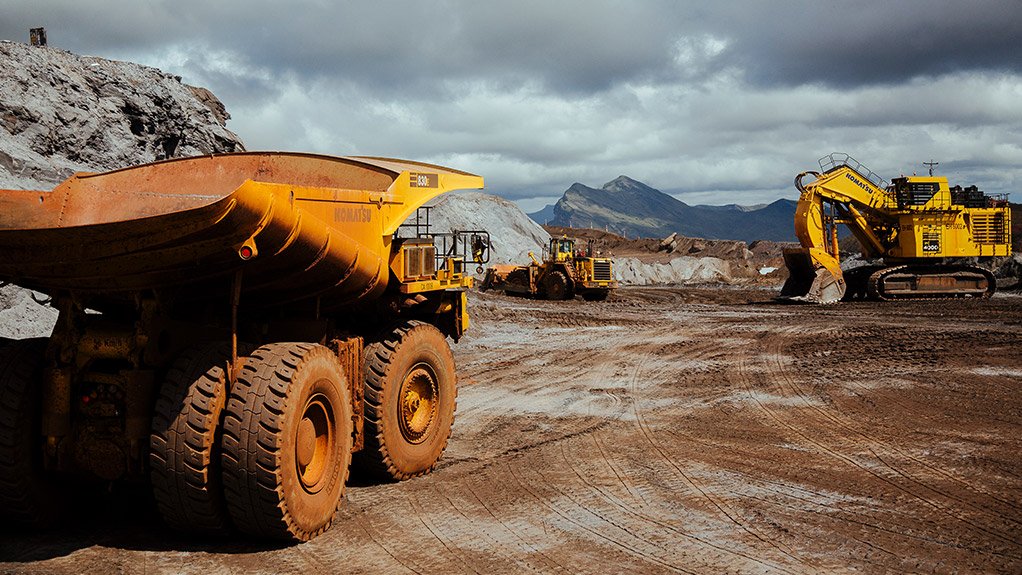WASHINGTON/TORONTO – The United States should boost domestic production of 35 critical minerals including uranium, cobalt and lithium, to reduce its reliance on foreign suppliers, the Interior Department said on Friday.
Aluminium and potash are also on the draft list of 35 critical materials used in basic manufacturing, batteries and electronics. It was the department's first step to carry out a December presidential order to break US dependence on foreign minerals.
Lithium and cobalt are vital components of the rechargeable batteries that power electric vehicles. Battery makers and auto companies such as Tesla and Volkswagen have been hunting for long-term supplies of the minerals.
"Any shortage of these resources constitutes a strategic vulnerability for the security and prosperity of the United States," said Tim Petty, assistant secretary of the Interior for water and science.
The administration wants to identify new domestic sources of critical minerals; increase domestic exploration, mining and recycling; give miners and producers electronic access to better mapping and geological data; and streamline leasing and permitting for new mines.
It will be challenging to boost US production of potash, used to make fertiliser for farmers, said Canada's Nutrien, North America's largest potash producer.
"There's just not reserves that are economic in the United States, but there are lots in Canada," said spokesperson Richard Downey.
"I think that the US recognises that it's a critical nutrient for corn and grain farmers, in particular, and they need access to the Canadian potash."
The department seeks public comment until March 19.
Raising US output of non-fuel minerals and fossil fuel resources is part of the Trump administration's America First policy, aimed at boosting US exports while curbing imports using tariffs and other protectionist measures.
On Friday, the Commerce Department recommended tariffs on steel and aluminium, raising fears among some observers of a trade war.
Canada, the world's largest supplier of aluminium to the United States, will keep working with US officials to secure favourable treatment, said Jean Simard, president of the Aluminium Association of Canada.
"US law and policy consider Canada's resource and manufacturing capabilities to be an integral part of the US defence industrial base," said Alf Barrios, chief executive of Rio Tinto's Canadian-based aluminium business.
The Commerce Department is also weighing a petition from two domestic US uranium producers to curb imports from Russia and Central Asia to lift the domestic industry.
Edited by: Creamer Media Reporter
EMAIL THIS ARTICLE SAVE THIS ARTICLE
To subscribe email subscriptions@creamermedia.co.za or click here
To advertise email advertising@creamermedia.co.za or click here













